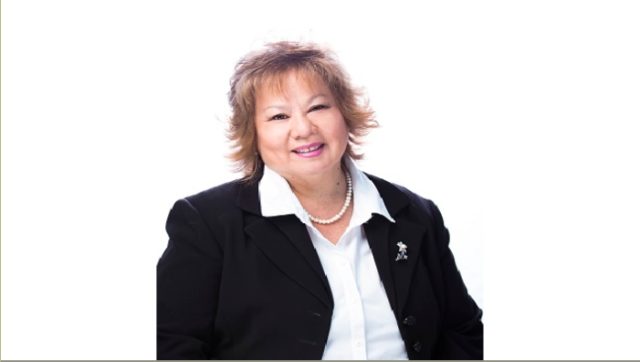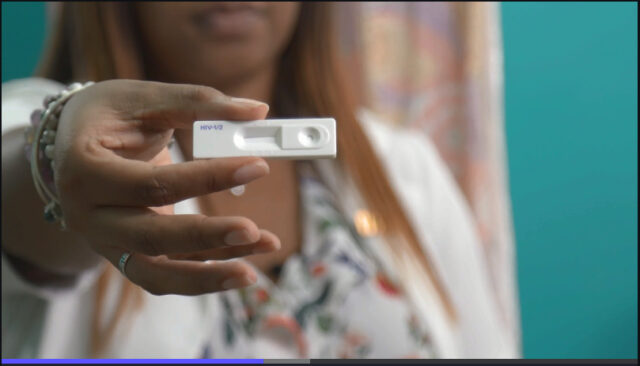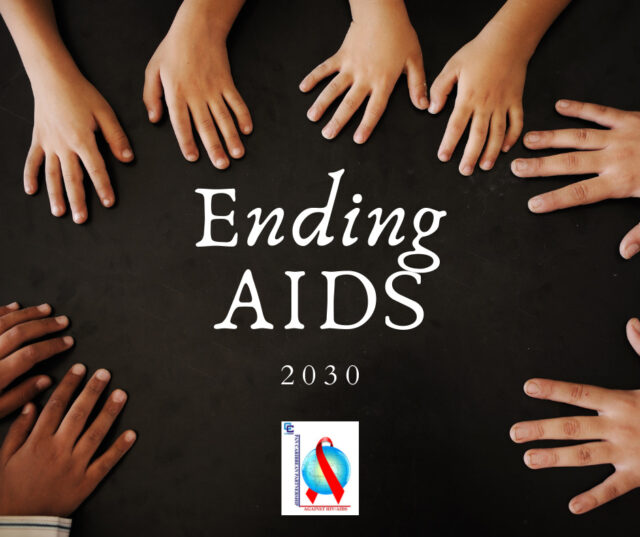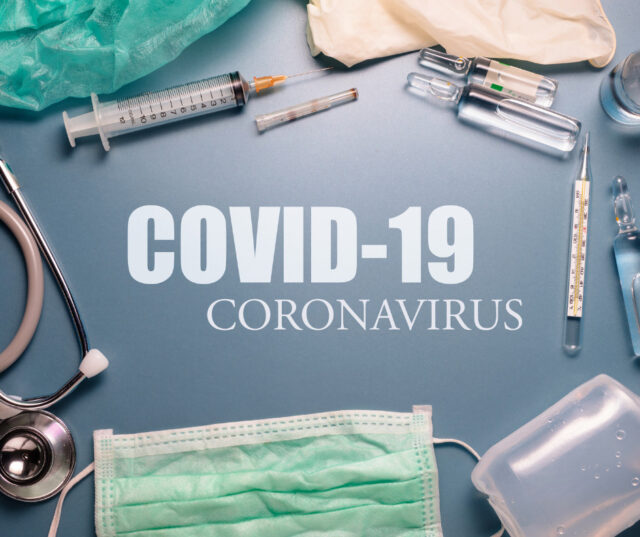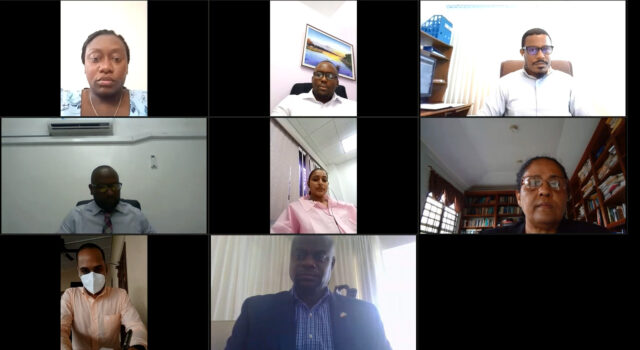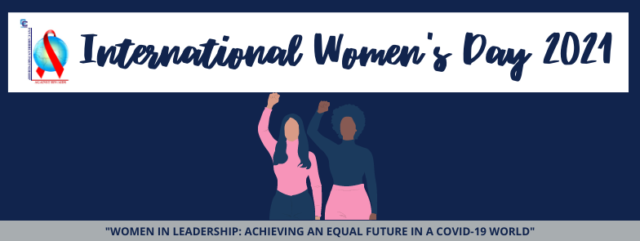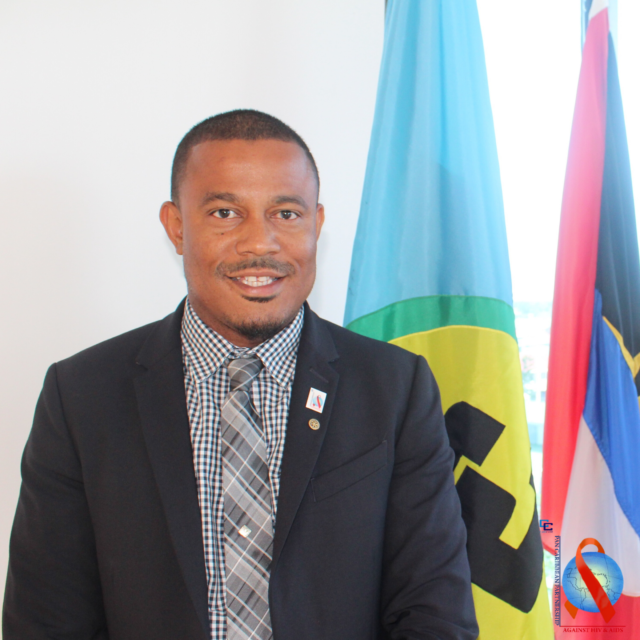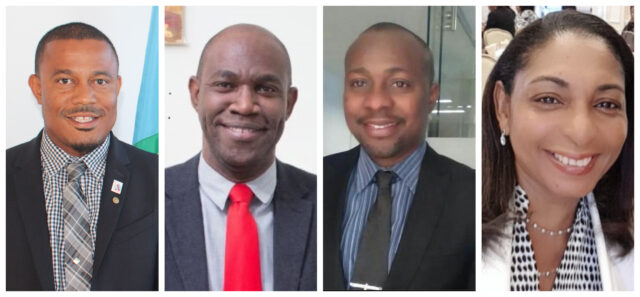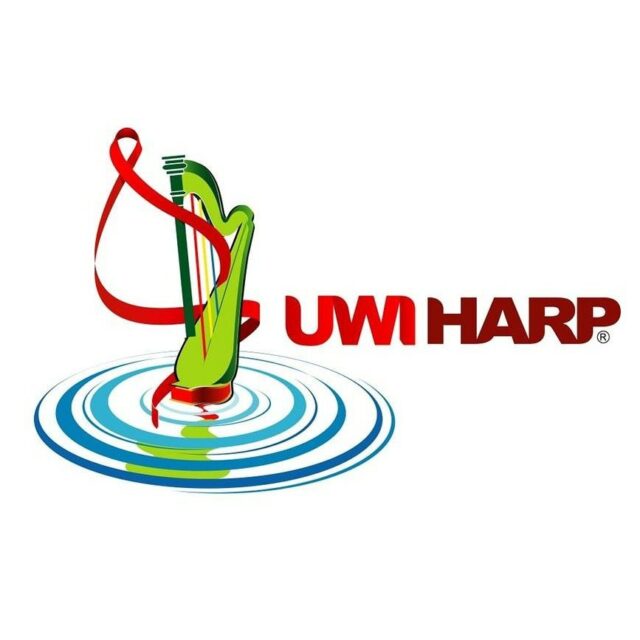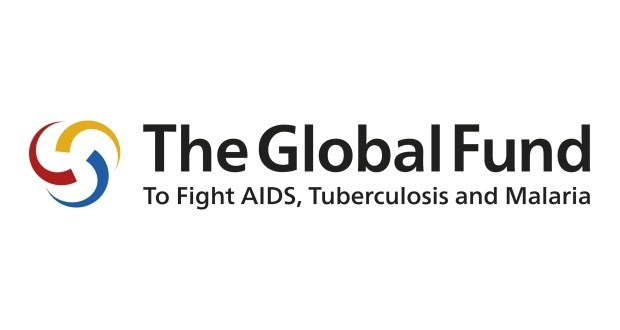Caribbean business leader and entrepreneur, Angela Lee Loy, has been selected from more than 500 nominations globally to be part of the Multi-Stakeholder Task Force for the 2021 United Nations High-Level Meeting on HIV. Ms Lee Loy is the lone private sector representative in a group comprised of civil society members from 16 countries.
The High-Level Meeting on HIV will be held virtually from 8–10 June 2021 and will review the progress made in reducing the impact of HIV 40 years since the first cases emerged. The General Assembly expects to adopt a new Political Declaration to guide the future direction of the response and bring the world closer to ending the AIDS epidemic as a public health threat as part of the 2030 Sustainable Development Agenda.
The role of the Multi-stakeholder Task Force is to ensure the involvement of civil society and an open, transparent and participatory process before and during the High-Level Meeting.
Ms Lee Loy, a Trinidad and Tobago national, is the Chairperson and Founder of Aegis Business Solutions Limited, the largest business outsourcing and advisory company in the English-speaking Caribbean and Chairman of Eve Anderson Recruitment Limited, the longest standing recruitment agency in the region. She is a Fellow of the Association of Chartered Certified Accountants and has over forty years’ experience in auditing and business advisory services.
The former Chairperson of the Trinidad and Tobago National AIDS Coordinating Committee has an outstanding track record of public service. Among her current corporate social responsibility priorities are coordinating private sector support to provide meaningful employment for Venezuelan refugees, an international campaign to increase COVID-19 vaccine confidence and COVID-19 vaccine procurement for the Caribbean.
“I am honoured to represent the Caribbean on this Task Force,” Ms Lee Loy said. “In a context of dwindling donor funding for HIV in our region, it is critical that we speak up to shape a strategy that ensures our governments, health sector, private sector and people do not become complacent and lose hard-won gains.”
At the last High-Level Meeting on HIV the community of nations agreed to ambitious targets including ensuring 90% of people living with HIV are aware of their status, putting 90% of diagnosed people on antiretroviral therapy and achieving viral suppression among 90% of those on treatment by 2020.
By the end of 2019 77% of people living with HIV in the Caribbean were aware of their status. Four of five (81%) diagnosed Caribbean people were on treatment while 80% of them were virally suppressed. National, regional and global data for the year 2020 will be available soon but it is clear that the goals adopted in the 2016 Political Declaration were not met.
“In the Caribbean, as with the rest of the world, AIDS is unfinished business,” said Dr James Guwani, UNAIDS Caribbean Director. “Progress has been highly uneven. Stigma and discrimination and the marginalization and criminalization of entire communities continue to fuel the epidemic.”
Ms Lee Loy’s representation of the private sector on the Task Force underlines the critical importance of corporate engagement in the HIV response. Some Caribbean business entities and leaders have made key contributions. For example, since 2019 people living with HIV in Jamaica who are fully compliant with their treatment regime have been able to access life insurance coverage through Sagicor Life Jamaica. Scotiabank, in conjunction with regional and international partners, has coordinated a Regional HIV Testing Day across 17 Caribbean countries for several years, starting in 2007.
“It is in corporations’ interest to secure the health of their workers and customers by updating their knowledge about HIV and playing an active role in eliminating stigma and discrimination,” Ms Lee Loy said. “We have the tools to end AIDS but we need to support people to prevent HIV, get tested and access treatment.”

